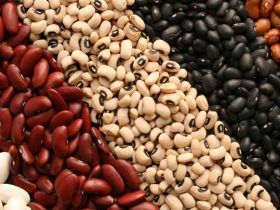What is Ischemic Colitis?

Ischemic colitis (IC) is an inflammatory disease that affects the colon, or large intestine. It occurs when insufficient blood is supplied to the colon. Although ischemic colitis commonly affects people older than 60, studies show that it can occur at any age.
Atherosclerosis, the accumulation of plaque inside the arteries, is a major cause of chronic, or long-term ischemic colitis. Treatments usually depend on the severity of the condition. In mild cases, mild treatment, such as short-term antibiotics and liquid diet may help relieve symptoms of the condition.
Ischemia colitis is also called mesenteric artery ischemia, chronic ischemia, or mesenteric vascular disease. A blood clot may cause acute (sudden and short-term) ischemic colitis. Acute IC is a type of IC that requires urgent treatment. The mortality rate is high in people who develop gangrene or death of tissue in the colon.













